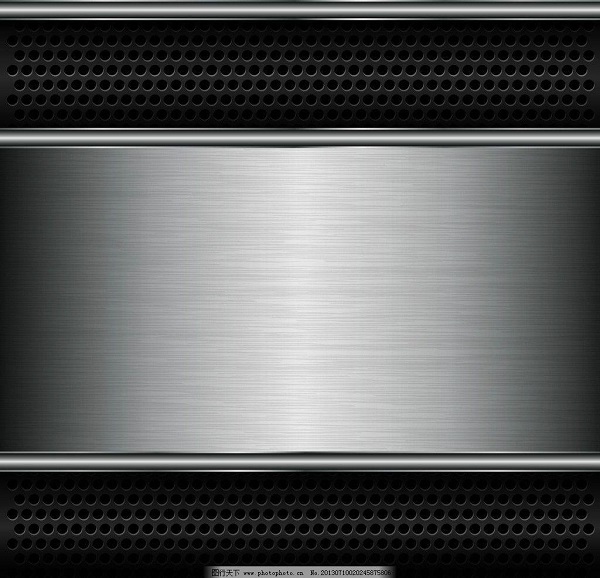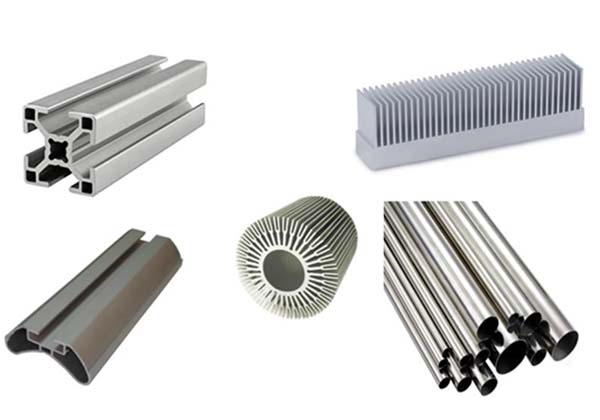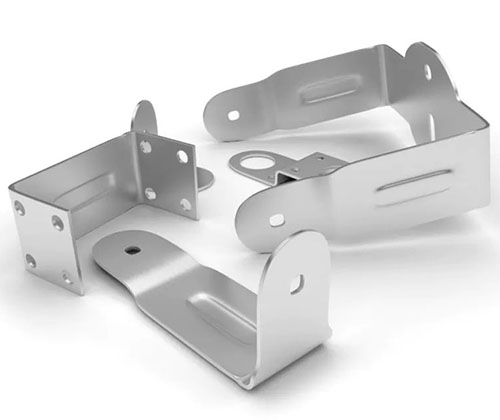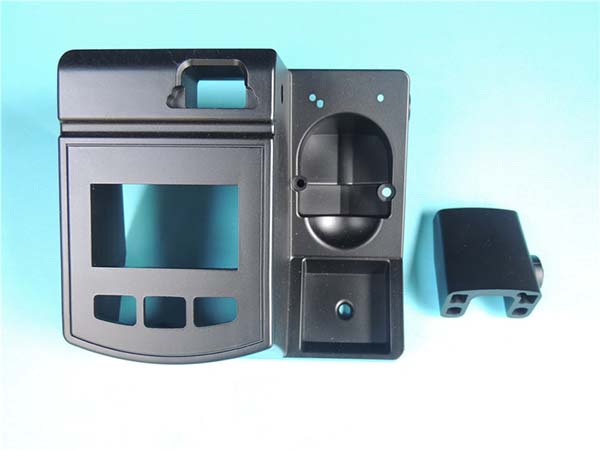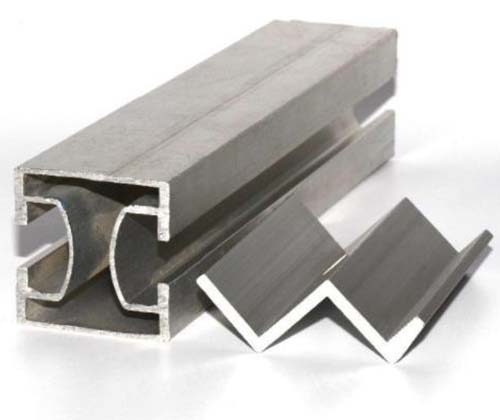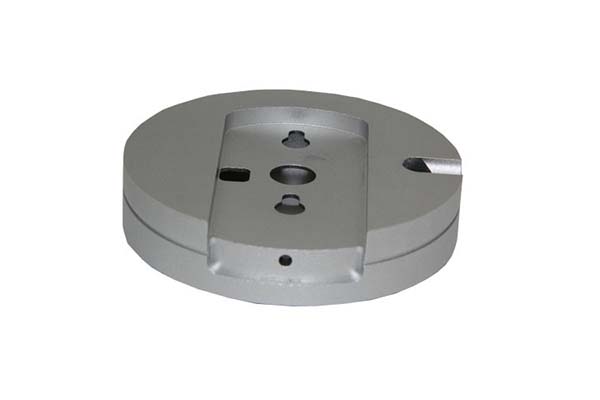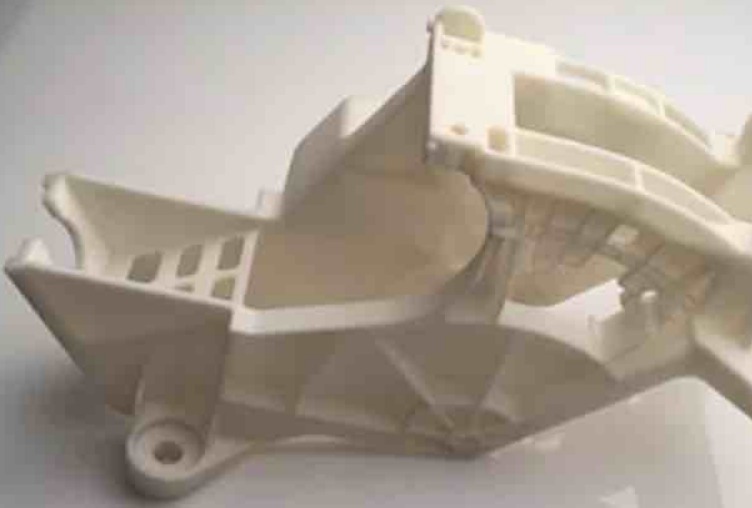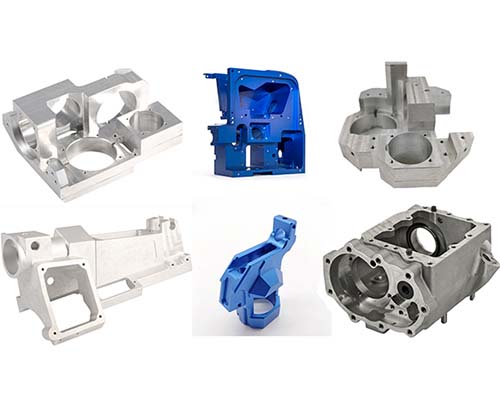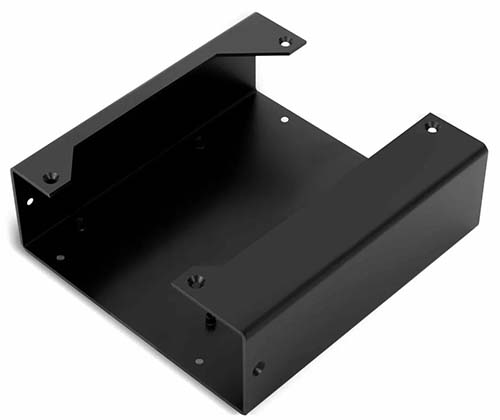Understanding Sheet Metal Companies
What is Sheet Metal?
Sheet metal refers to thin, flat pieces of metal that are widely used in various industries. It is typically less than 6mm in thickness, with anything thicker being classified as plate metal. This material is valued for its malleability, allowing it to be easily formed into different shapes through processes like cutting, bending, and rolling.
Common types of sheet metal include:
- Steel Sheet Metal: Known for its high strength and durability. Mild steel is widely used due to its affordability and versatility, finding applications in automotive parts, machinery enclosures, and construction. Stainless steel, on the other hand, offers excellent corrosion resistance, making it ideal for applications in the food industry, medical equipment, and outdoor structures.
- Aluminum Sheet Metal: Lightweight yet strong, aluminum sheet metal is highly popular. It has good thermal and electrical conductivity and is resistant to corrosion. This makes it suitable for aircraft components, automotive bodies, and electronic device casings.
- Copper Sheet Metal: Renowned for its excellent electrical conductivity, copper is often used in electrical wiring, heat exchangers, and decorative applications. It also has antibacterial properties, which are beneficial in certain medical and food - related applications.
The Services Offered by Sheet Metal Companies
Sheet metal companies near you usually provide a wide range of services:
- Cutting: This is the initial step in most sheet metal projects. Laser cutting is a popular method, offering high precision and the ability to cut complex shapes. It can work with various thicknesses of sheet metal and is suitable for both small - scale and large - scale production. For example, in the production of custom - designed electronic enclosures, laser cutting can create precise cutouts for connectors and vents. Water jet cutting is another option, which is ideal for materials that are sensitive to heat, such as some high - strength alloys. It uses a high - pressure stream of water mixed with abrasive particles to cut through the metal.
- Bending: Sheet metal can be bent to form angles, curves, and other shapes. CNC (Computer Numerical Control) bending machines are commonly used, as they can achieve consistent and accurate bends. For instance, in the manufacturing of HVAC (Heating, Ventilation, and Air Conditioning) ducts, sheet metal is bent to create the appropriate shapes for efficient air flow. The bending process requires careful consideration of the material's properties, such as its yield strength and ductility, to ensure that the metal does not crack or deform unevenly.
- Welding: Welding is used to join different pieces of sheet metal together. MIG (Metal Inert Gas) welding and TIG (Tungsten Inert Gas) welding are two common techniques. MIG welding is faster and more suitable for thicker sheet metal, while TIG welding offers higher precision and is often used for thinner materials and high - quality finishes. In the production of metal furniture, welding is used to assemble the frame and components, ensuring a strong and durable structure.
- Stamping: This process involves using a die to shape the sheet metal by applying pressure. Stamping is highly efficient for mass - producing identical parts, such as automotive body panels or metal brackets. The dies are custom - made to the desired shape, and the sheet metal is fed into the stamping press, where it is quickly formed into the required part. This method is cost - effective for large - volume production but requires significant initial investment in die - making.
Key Factors to Consider When Choosing
Sheet Metal Companies Near Me
Experience and Expertise
When looking for sheet metal companies near you, experience matters a great deal. An experienced company has likely dealt with a wide variety of projects, which means they have the knowledge and skills to handle yours efficiently. For example, a company that has been in the business for over 20 years has probably worked on projects ranging from small - scale custom metal parts for local artisans to large - scale production for automotive manufacturers.
Such companies often have a team of highly skilled professionals. These experts can offer valuable advice on material selection, design optimization, and production processes. They can identify potential issues early on and come up with solutions, saving you both time and money. For instance, they might suggest a different type of steel for your project based on its intended use and environmental conditions, ensuring better durability and performance.
Quality of Materials and Workmanship
The quality of materials used by a sheet metal company directly impacts the quality of the final product. High - quality sheet metal, whether it's steel, aluminum, or copper, has better physical properties. For example, high - grade stainless steel resists corrosion better than lower - quality alternatives, making it suitable for long - term outdoor applications. A reliable sheet metal company will source materials from reputable suppliers and conduct quality checks to ensure that the metal meets industry standards.
Equally important is the workmanship. Precision in cutting, bending, and welding is crucial. A company that uses advanced CNC machines and has strict quality control processes during production is more likely to deliver products with tight tolerances and high - quality finishes. In a case where a company was manufacturing metal enclosures for electronic equipment, precise workmanship ensured that the enclosures fit perfectly, providing proper protection for the delicate electronics inside.
Pricing and Cost - effectiveness
Pricing is an important consideration, but it shouldn't be the only factor. A very low - priced option might seem attractive at first, but it could mean sacrificing quality. To determine cost - effectiveness, you need to look at the overall value. Consider the following:
- Total Cost: This includes not just the initial price of the product but also any additional costs such as shipping, customization fees, and potential maintenance costs in the long run.
- Quality - Price Ratio: Compare the quality of the products from different companies with their respective prices. A slightly higher - priced product from a company known for its high - quality workmanship and materials might actually be more cost - effective in the long term as it will last longer and perform better. For example, if one company offers a sheet metal product at a lower price but it requires frequent repairs, while another offers a higher - priced but more durable product, the latter could end up being the better choice.
Customer Reviews and Reputation
Customer reviews are a great way to gauge the quality of service and products of a sheet metal company. Positive reviews indicate that the company has satisfied customers in the past. You can find reviews on platforms like Google Reviews, Yelp, and industry - specific forums. For example, if a company has numerous 5 - star reviews highlighting their on - time delivery, excellent customer service, and high - quality products, it's a good sign.
A company's reputation within the industry also matters. A well - respected company is more likely to uphold high standards in all aspects of its business, from material sourcing to customer service. You can ask for recommendations from other businesses in the industry or check if the company has any certifications or awards, which can be an indication of its reputation and quality.
Yigu Technology's Perspective
As a non - standard plastic metal products custom Supplier, Yigu Technology understands the critical factors in choosing sheet metal companies. Communication is key in custom projects. A clear and open line of communication between the client and the sheet metal company ensures that all requirements, no matter how unique, are well - understood. This helps in avoiding misunderstandings that could lead to costly errors or delays.
Our technical strength is also crucial. Yigu Technology prides itself on having a team of experts well - versed in the latest sheet metal processing technologies. This allows us to handle complex projects with precision and efficiency. For example, we can use advanced simulation software to predict potential issues in the design phase and make necessary adjustments, saving both time and resources.
Flexibility is another aspect we value. In the world of custom sheet metal products, one - size - fits - all solutions don't work. A flexible approach means being able to adapt to different project requirements, whether it's a small - scale prototype or a large - volume production run. We can quickly adjust our production processes to meet the specific needs of each client, ensuring high - quality results every time.
FAQ
Q1: How can I get an accurate quote from a sheet metal company?
To get an accurate quote, first, provide detailed engineering drawings with all the necessary dimensions, tolerances, and specifications. Clearly state the quantity you need, as larger volumes may lead to lower unit costs. Also, specify the type of sheet metal material you want, such as steel, aluminum, or copper, along with its grade. Additionally, mention any special finishing requirements like powder coating, electroplating, or painting. For example, if you need a custom - made steel enclosure with a powder - coated finish, including these details will ensure you receive a more accurate price estimate.
Q2: What if I have a small - scale sheet metal project? Will companies still take it?
Many sheet metal companies are willing to take on small - scale projects. Small - scale projects can be an opportunity for them to showcase their capabilities and build relationships with new clients. Companies that are more likely to accept small - scale projects often have flexible production lines and are customer - oriented. They understand that even small projects can be important for startups, hobbyists, or small businesses. Some companies may have a minimum order quantity, but it's worth reaching out to discuss your needs as they might be able to accommodate you with a slightly higher per - unit cost for smaller runs.
Q3: How long does a typical sheet metal project usually take?
The duration of a sheet metal project depends on several factors. For a simple project with standard shapes and materials, and if the company has high production capacity and the required materials in stock, it could take as little as a few days to a week. However, for complex projects involving intricate designs, custom tooling, or hard - to - source materials, it might take several weeks. For example, a large - scale automotive sheet metal component production project with tight tolerances and high - volume requirements may take 4 - 8 weeks, considering design approval, material procurement, production, and quality control processes.
